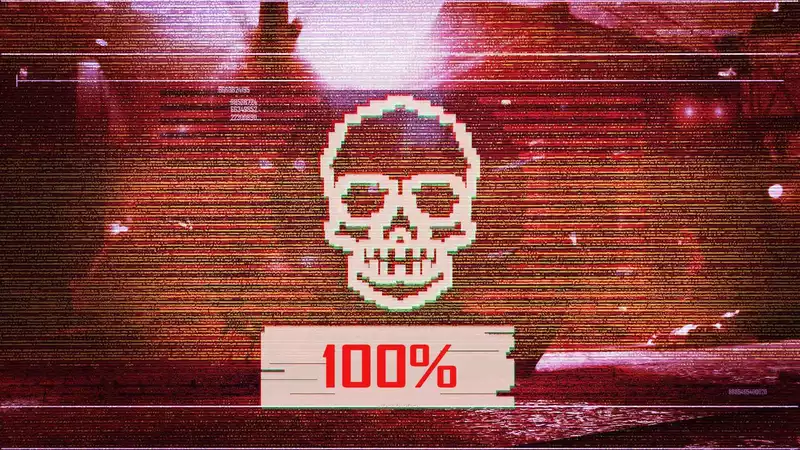Activision has gone to war with Germany-based EngineOwning ("EO"), the maker of the popular cheat software "Call of Duty. The video game publisher has filed new documents against dozens of individuals in an ongoing lawsuit in California. Activision is charging the individuals involved with EO with RICO violations as well as violations of software terms of use and wire fraud.
I have read quite a few of these lawsuits over the years, usually about violations of in-game terms of use or the unfair competition element of unfair software. Under California law, however, Activision's attorney stated that "Defendants committed a violation of the Racketeering Influence and Corrupt Organizations Act ("RICO") by directing and participating in an enterprise engaged in racketeering activity."
These individuals knowingly conspired against Activision to sell the cheats, the publisher alleges, in a sophisticated operation intended to undermine the COD series. And now Activision is asking for all the money they got from this and more.
Activision's explanation of why this is cheating is worth reading, as it outlines the scale on which these cheat resellers operate.
"The companies are well-coordinated multi-level marketing machines. Defendants continually sell unauthorized software licenses directly and work together to solicit reseller defendants. Defendants' network of distributors and resellers has perpetuated the same procedures for numerous individual U.S. customers across thousands of instances of marketing, sales, distribution, and support for malware software.
In other words, EOs sell malware, but they also have a network of distributors who sell malware on behalf of EOs (and the distributors receive a share). Defendants operate according to a common set of norms and rules." Resellers purchase large quantities of malware licenses and disseminate the marketing and sale of the malware through their own advertising. After selling large inventories, Defendant Resellers follow the same pattern of remitting proceeds to the companies while keeping a portion of the proceeds for themselves.
Activision claims that "thousands" of such transactions take place in the United States and "thousands more" abroad.
Activision's lawyer then lists the paper companies involved in the EOs, then names various individuals. Most of them are in Germany, but there are also individuals from various U.S. states, the United Kingdom, France, Spain, and the Netherlands. However, there is a teaser about the various "Doe" defendants, whom Activision has joined in the suit but has not identified: "Activision has been informed and believes that defendant 'Big Pile of Poop' is an individual residing in Europe, and alleges accordingly. . that the 'Big Pile of Poop' is an individual residing in Europe."
.
The three identified "ringleaders and driving forces" are Defendants Valentin Rick, Leon Schlender, and 'Croatle'. These individuals are primarily responsible for the development of the software, the EO website, and the financials. In addition, the lawsuit states that Valentin Rick's mother, Regina Rick, provides "administrative, financial, legal, and other consulting services for EO Enterprises."
No joke about the basement. And the kicker: Activision is seeking not only damages and costs, but also all profits earned from the fraud, which will be adjusted at trial, but is estimated to be at least several hundred thousand dollars.
It also states that money alone is not enough, and that these individuals must be "enjoined and restrained by the court," that is, granted a permanent injunction against further acts of "unfair competition" against Activision. They are asking for a stop to the cheating software, "seizure or destruction" of all copies of EO's software to Activision, and basically anything else they can get.
Of course, this is only one side of the story; the individuals behind EO have yet to defend themselves. Defendants have engaged in online "trolling" against Activision and its counsel, including creating fake accounts in the name of Activision's counsel, posting fake messages purporting to be from Activision's counsel, and using Activision's counsel's name in advertising Activision and its legal counsel, including posting fake messages purporting to be from Activision's legal counsel and using the name of Activision's legal counsel in advertisements.
Activision is seeking a jury trial and is no doubt doing everything in its power against these individuals. Interestingly, the previous portion of the lawsuit mentions the damage that such rogue software does to Activision and the COD brand, and the publisher's attorneys have blamed companies like EO for the negative social media posts and press articles about the game cheating problem. He stated that there are In other words, it's good to know that someone is paying attention to COD fans complaining on Twitter. In this regard, the lawsuit also claims that "Activision has been able to identify and ban hundreds of thousands of accounts using cheat software in COD games over the past year."
The major publishers are undoubtedly becoming more legally aggressive against cheat makers and other cheating practices associated with their games. This is because, for as long as I have known PC gaming, these kinds of shady companies have seemed to be a part of PC gaming. But as this lawsuit makes clear, companies like EO are not scoundrels; they are organized, sophisticated companies dedicated to making money by undermining other companies' products and other players' experiences. But is that an outrageous act?
.

Comments